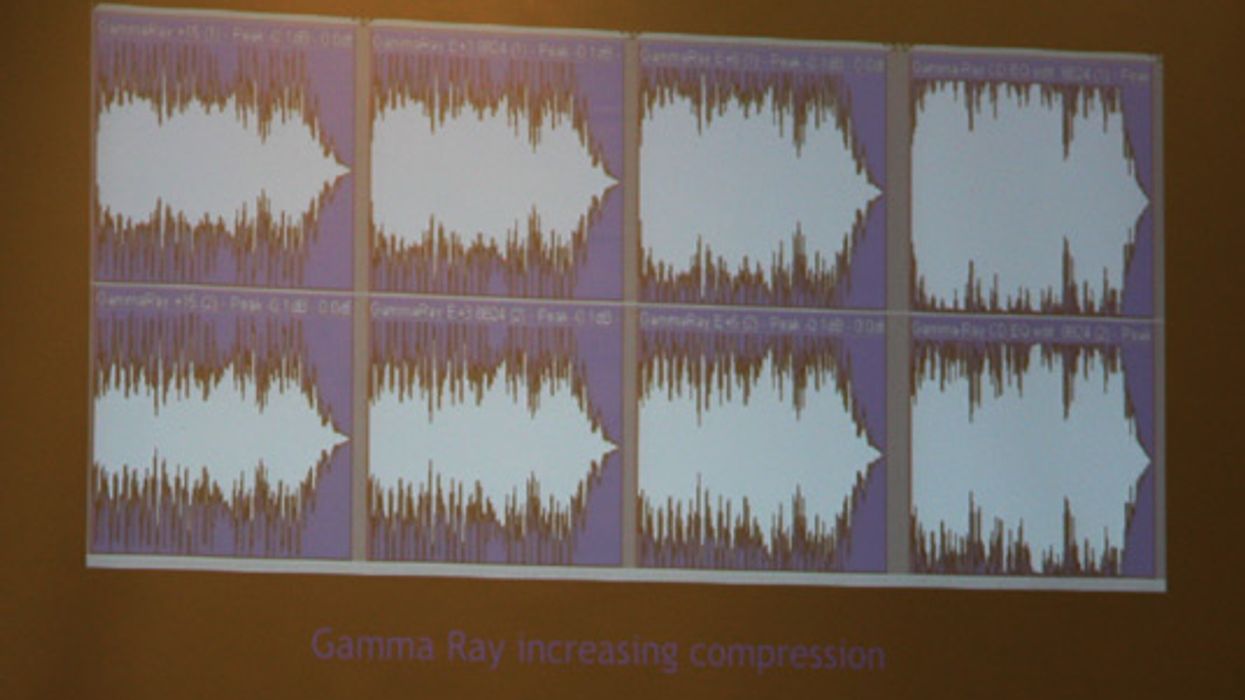Search
Latest Stories
Start your day right!
Get latest updates and insights delivered to your inbox.
sxsw-metallica-death-magnetic-mixing-producing-loudness
Don’t Miss Out
Get the latest updates and insights delivered to your inbox.
Recent
load more

